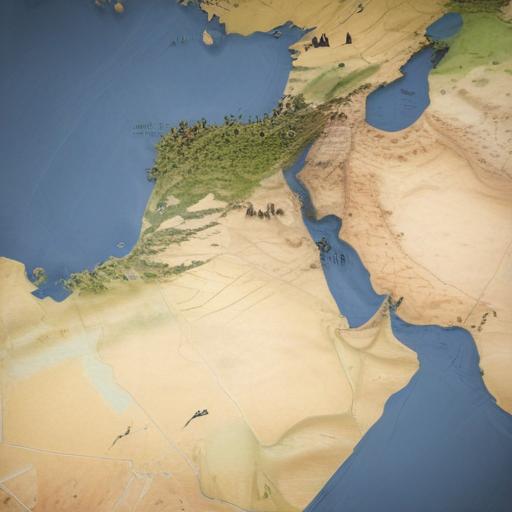The Abraham Accords, established in 2020, marked a pivotal moment in Middle Eastern diplomacy, fostering a public acknowledgment and embrace of Israel by several Arab nations. As the fifth anniversary of the accords approaches, their impact is becoming increasingly evident, with new additions anticipated. Steve Witkoff, a former envoy during the Trump administration, hinted at significant announcements regarding nations likely to join the Accords, which he believes could promote broader normalization in the region.
One of the most intriguing prospects for normalization is Syria. While discussions between Israel and Syria currently focus on various mutual interests rather than formal normalization, the groundwork appears to be laid for this eventuality. Israel’s proactive measures, including the establishment of a buffer zone and airstrikes to neutralize threats in southern Syria, have been interpreted as a stabilizing force in a country facing turmoil. Bashar al-Assad’s regime seems to find itself inadvertently benefiting from Israel’s actions, which have helped to maintain some semblance of order amid chaos.
The discussions around normalization are crucial for both nations, as they reflect a pragmatic approach to national interests in this evolving geopolitical landscape. With the changes wrought by the Abraham Accords, Syria stands to gain from integration into a new regional framework that emphasizes collaboration over conflict, particularly as it seeks to distance itself from reliance on Iranian influence.
Similarly, Lebanon finds itself in a position where the weakening of Hezbollah and Iran offers a chance for newfound stability. The Abraham Accords have altered the regional dynamics, signaling that countries like Syria and Lebanon must adapt to this new paradigm if they wish to thrive.
Despite some skepticism surrounding the motivations for the normalization process, the reality remains that the power dynamics in the Middle East are shifting. Countries that embrace the principles behind the Abraham Accords may find themselves under a more secure and cooperative umbrella.
The sentiment in the region is slowly transitioning, with even Palestinian Authority President Mahmoud Abbas recognizing that cooperation with Israel might be key to strengthening his position against Iranian influence. His outreach to former President Trump underscores a broader realization that alliances in the region may rely increasingly on collaboration with Israel and the U.S.
Thus, while initially seen as a limited diplomatic initiative, the Abraham Accords are evolving into a potential standard of regional diplomacy, paving the way for countries in the Middle East to collaborate more closely. This evolution offers hope for a more stable and integrated region moving forward.
